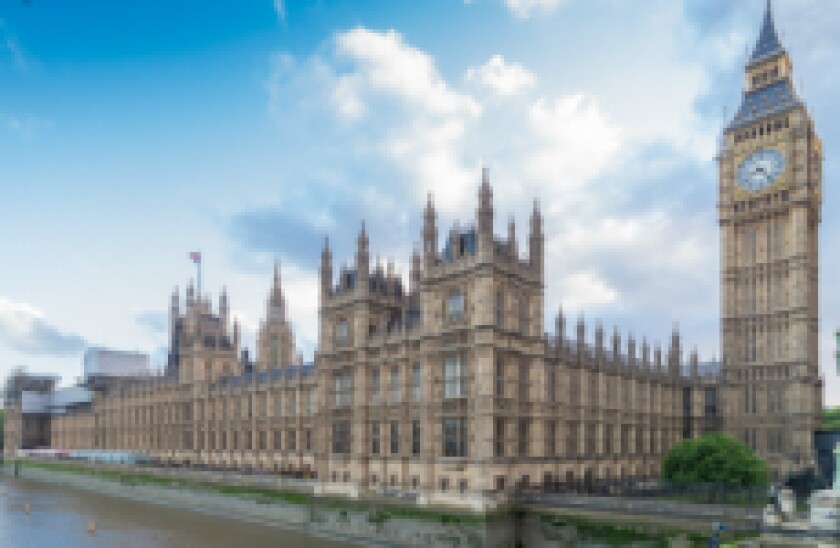A no-deal Brexit could be catastrophic for a number of UK businesses and car companies, in particular over the past few weeks, have publicly begun to warn the government against leaving the EU without a deal next March.
The City, dealing mainly in intangible services, will survive any sort of Brexit in the immediate term, as most banks now have operations in place to trade with the EU27 through subsidiaries.
Senior bankers have told GlobalCapital throughout these last two years that they have been preparing for a no-deal situation, but hoping they will not have to use those contingency plans.
But the City has been willfully ignored by UK prime minister Theresa May’s government.
May has continuously rejected calls to stay in the full EU single market, which would allow for a continuation of passporting of financial services, in order to comply with arbitrary negotiating red lines she laid out at the beginning of her premiership.
Her governments only specific proposal for financial services, a system of mutual recognition between the UK and EU, was cast aside at the first sight of resistance from the EU27.
In May’s Chequers plan, financial services were an afterthought and what was proposed amounted to little more than hoping for recognition under the EU’s existing equivalence regime.
“We’ve been thrown under the bus,” said a senior banker shortly after the Chequers plan.
The City will be effectively be located in a 'third country' with respect to the EU, and will have to trade with the EU27 in a similar manner to other financial hubs like New York, unless new provisions are made.
This negates London’s geographical advantages and historic role as a gateway to European markets.
In February, the IMF predicted that the UK’s financial exports to the EU, as a consequence of leaving the single market, would be reduced by 40%.
GlobalCapital has reported throughout the last two years that banks have begun moving functions away from London into the eurozone.
According to a note from UBS, the UK employs 1.1m people in financial services, an industry which accounts for 7% of UK GDP.
The bank estimates that the consequences of no-deal would lead to a 25% reduction in the financial services industry in London; it would mean that financial services' contribution to the UK’s GDP would fall to 5%.
This is slightly larger than the size of the industries in Germany and France, both at 4% of GDP, but smaller than the share in the US, where financial services accounts for 7% of GDP.
While the government did not probably seek to actively hurt the City in its negotiations, its lack of caring is likely part of the continuing antipathy towards financial services since the crisis.
Last week marked the 10 year anniversary since the collapse of Lehman Brothers, and public disdain for the big banks is still palpable, meaning the government is unlikely to lose much political capital through the industry's concerns.
A few true believers in the City still think that the UK will use Brexit to deregulate, a model sometimes disparaged as "Singapore on steroids".
This, however, is deeply unlikely. Not only would such a plan threaten equivalence with the EU following Brexit, but it is entirely opposed to the recent actions of UK regulators, which have tended to impose stricter regulation on UK institutions than their counterparts in the EU27.
The result of the government’s Brexit plans are that London will likely no longer be the world's foremost financial hub, as it arguably has been for several years.
London has a strong network of investment funds and will still attract global business, particularly from emerging markets.
It still might perhaps be the largest hub in Europe, at least for a time, but it will no longer be the dominant force it once was, with business scattered across the continent rather than concentrated in London.
London’s pre-eminence in financial services, once the star of the UK economy, is being sacrificed on the Brexit altar — the UK government is backing on the fact that few voters will mourn its humbling.

